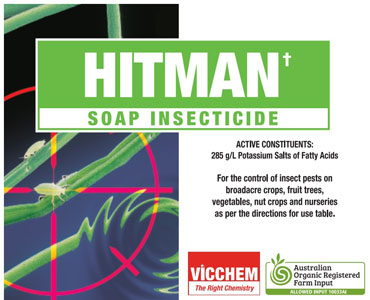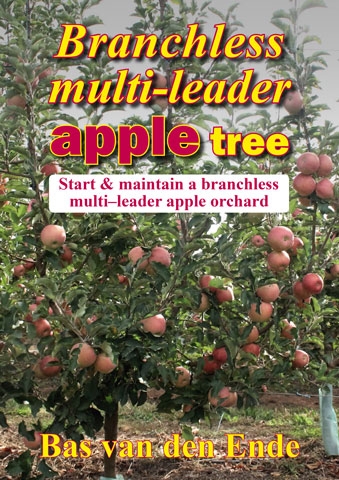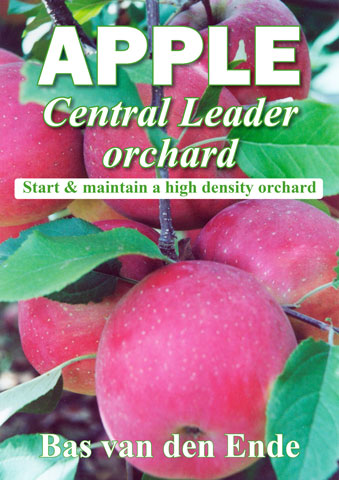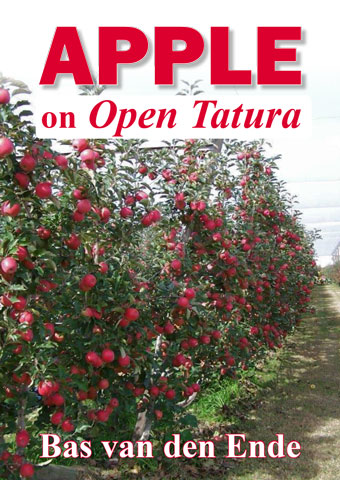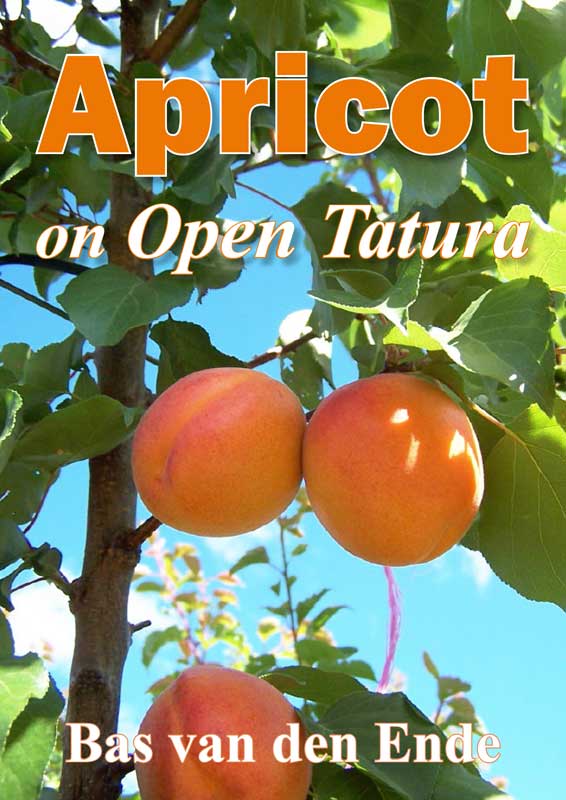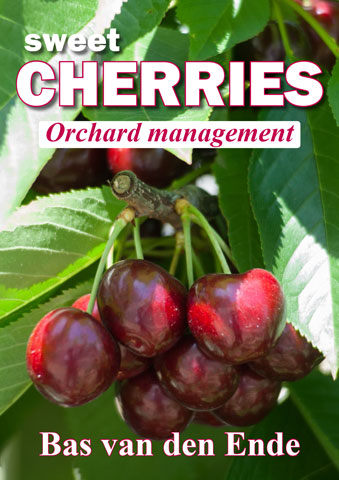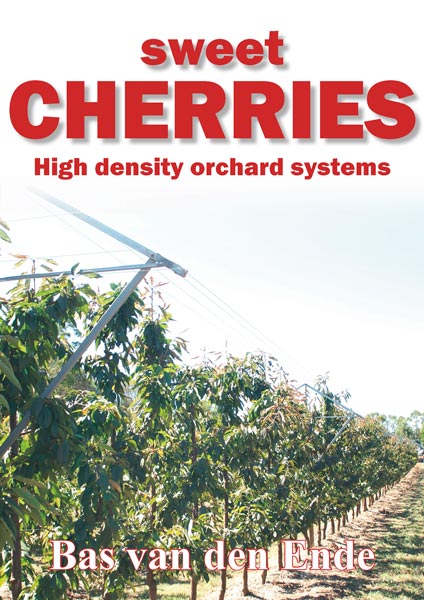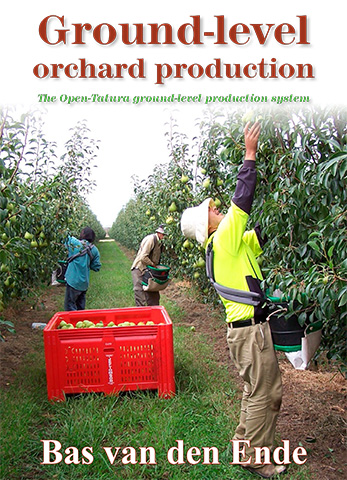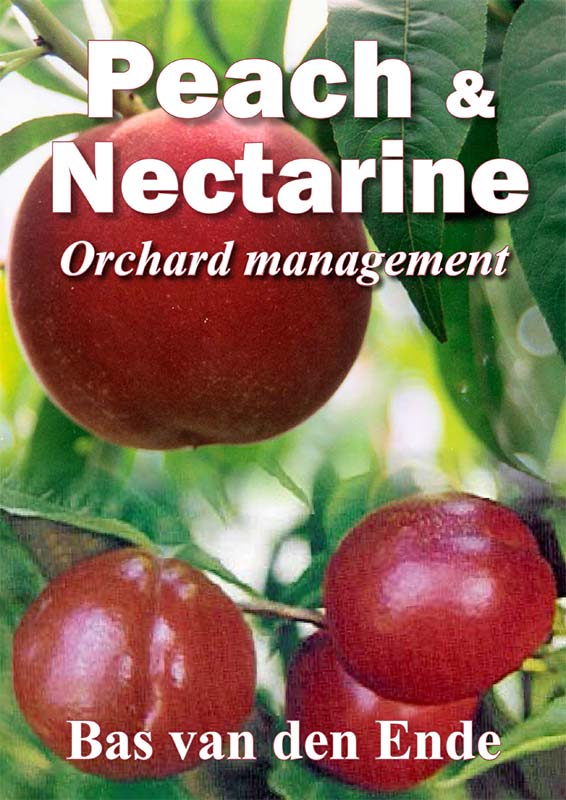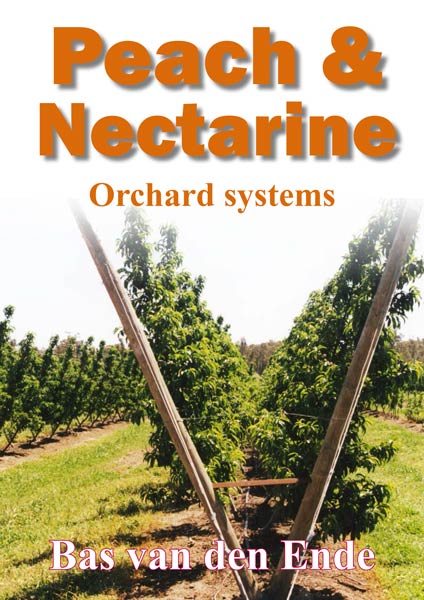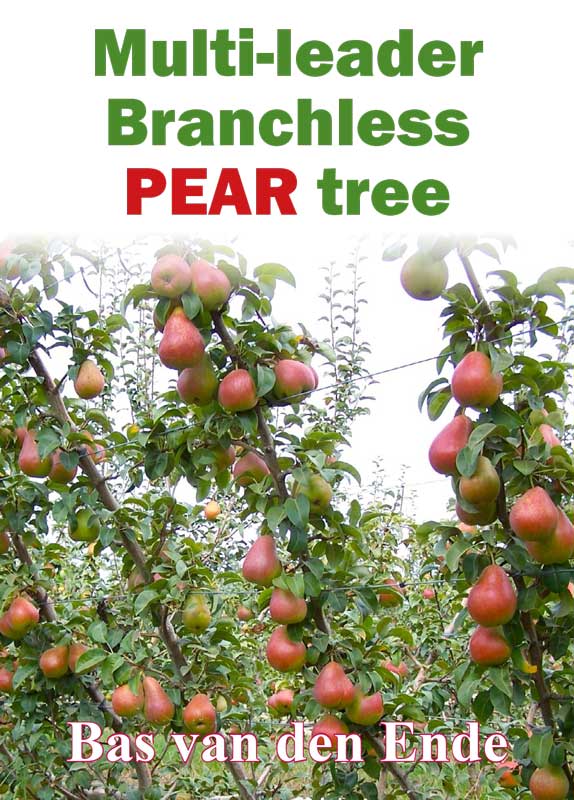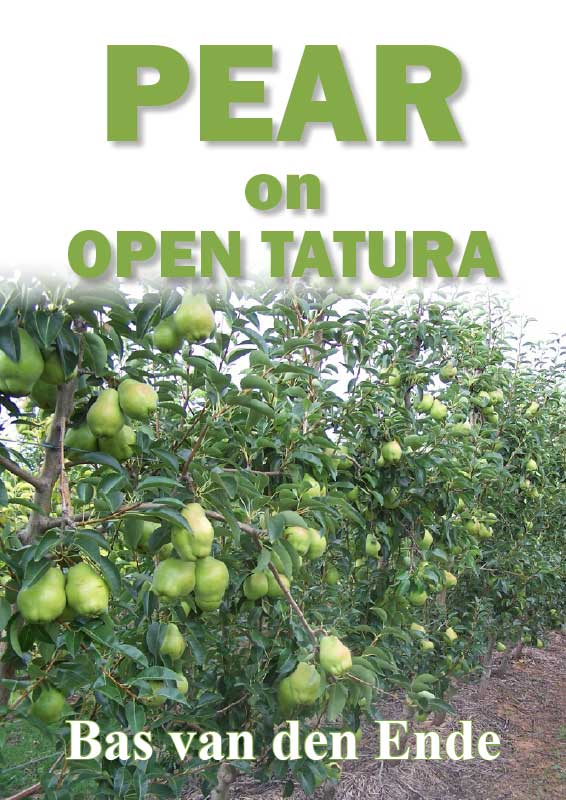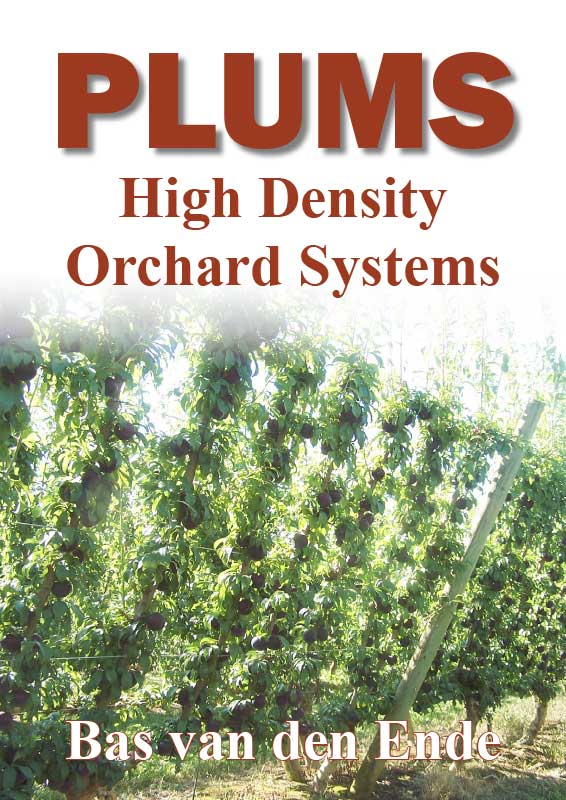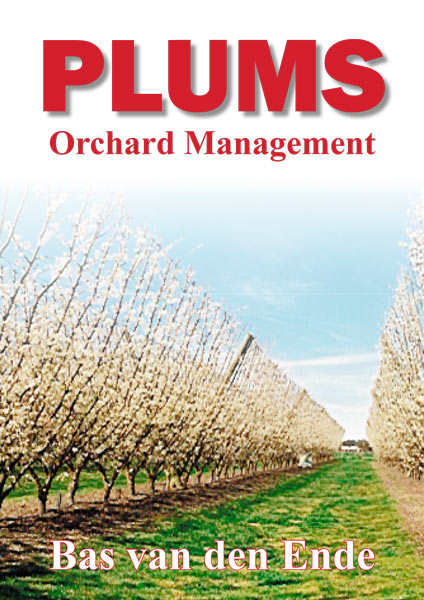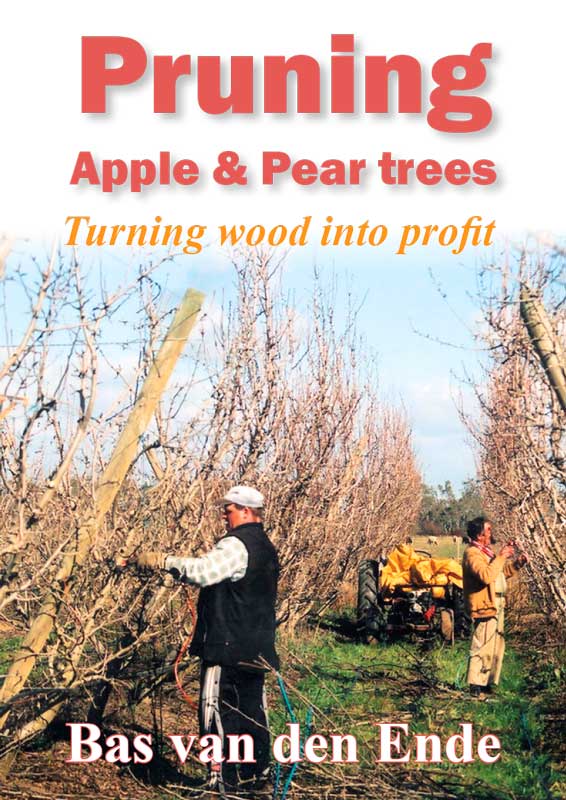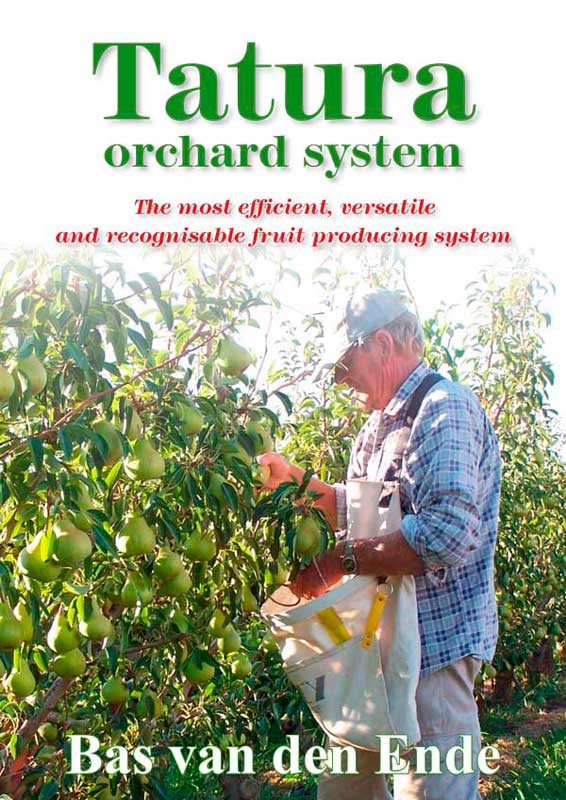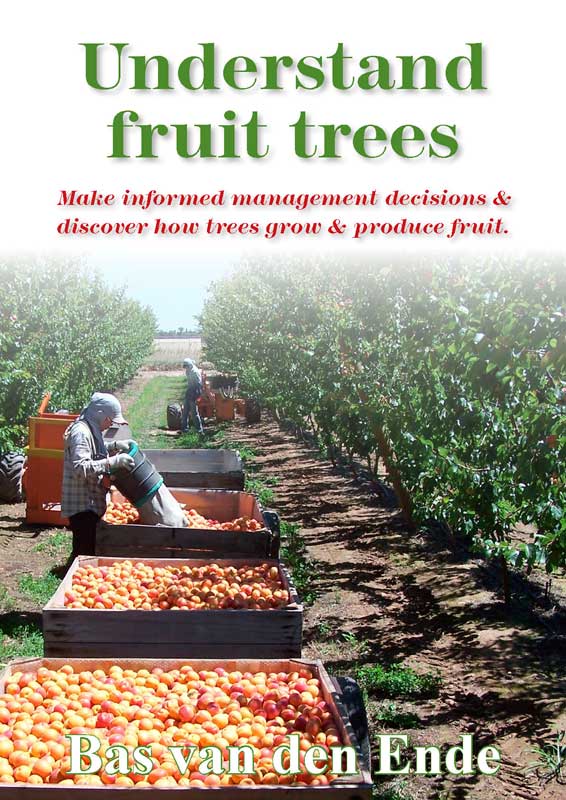We live in a world of increasing pressure from insecticide resistance, restricted chemistry availability, less new chemistry development and a high consumer demand for no-residue food that is produced with the smallest environmental footprint possible.
Reconsider underutilised chemistry
Now might be a good time to reconsider existing, yet underutilised chemistry that can safely deliver results without breaking the bank or existing integrated management techniques. HitMan potassium soap warrants a closer look.
Soaps as insecticides
References to the use of soaps as insecticides such as those made from whale fats occur as far back as 1842.
Since then coconut, canola and other vegetable oils have also been used. In modern times, potassium soaps such as HitMan are produced by adding potassium hydroxide to long chain fatty acids.
Because they are long chains (about 18 carbons) they are less phytotoxic than common household or industrial soaps.
In 1947 Potassium Soap was first registered for several uses in the USA including as an insecticide and fungicide.
In present day Australia potassium soaps including HitMan are registered for use on crops such as grapevines, vegetables, fruit trees and ornamentals as well as pests or diseases including botrytis, aphids, thrips, mealybug, two spotted mite and whitefly.
Use in organic production systems
Due to potassium salt products such as HitMan having a very safe user, consumer, environmental and food safety profile; and also being derived from natural plant oils, they’re most often considered for use in organic production systems.
While this is highly justifiable its usefulness could be so much greater.
Significant advantages
A search of the scientific literature highlights examples of 80% or greater control of aphids, whitefly, mites, mealy bugs, scale crawlers and thrips control equal to standard insecticide regimes that included imidacloprid and synthetic pyrethroids.
Due to HitMan’s three way mode of action including desiccation, suffocation and membrane disruption (cytolysis) it’s unlikely to develop resistance anytime soon. As such, it should be utilised to delay resistance and reduce reliance on other key chemistries.
In independent lab tests and when sprayed directly potassium soaps have proven to have low or no toxicity to a number of beneficial mites, wasps and lacewings. The available literature suggests it is found to be safe to most adult beneficial species and once dry allows the (re)introduction or rapid repopulation.
For more information on HitMan or any VicChem products, contact your local AgChem reseller or call Vicchem customer Service:
P: 03 9301 7000
W: vicchem.com
See this article in Tree Fruit June 2022
